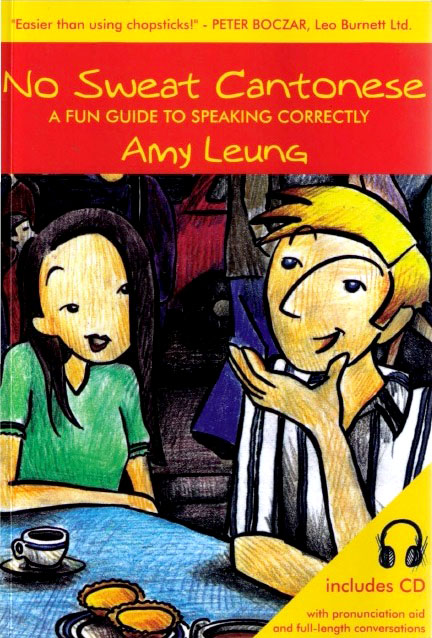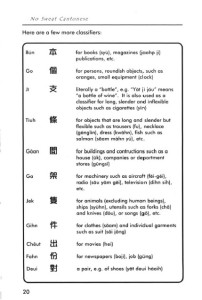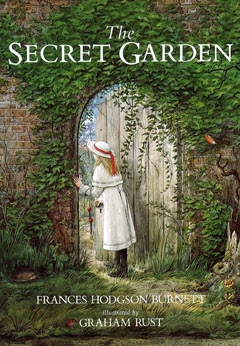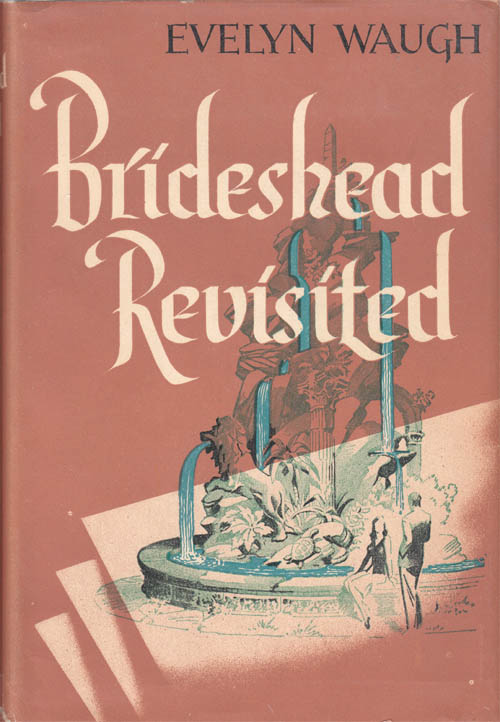I hadn’t read the AllJapaneseAlltheTime blog for a while, but I popped in about a month ago and one of the recent posts kind of pricked my conscience a little bit. Why Are you Acting like a Deadbeat Dad Language Learner? the title goes, and it talks about abandoning a language as soon as you’re halfway good in it. Th…that’s like me and Cantonese, I thought uncomfortably.
The truth is, I’d managed to get to a semi-decent point in Cantonese. I don’t have any language partners so I can’t speak a lick, but I’ve gotten to the place where I can get the gist and sometimes more than just the gist of what people are talking about on news broadcasts, in dramas and on RTHK 2 programs (off-topic, but does anyone else have difficulty live-streaming RTHK? I have to use the RTHK on the Go app on my phone to get the broadcasts.) Right about then I kind of ran out of Canto movies I wanted to watch and music I wanted to listen to, and it became a chore hunting for HK dramas that aren’t dubbed into Mandarin, so I just kinda threw the whole thing over and walked away. I still listen to RTHK a few times a week, watch Guangdong TV from time to time and listen to Cantopop quite frequently, but with nowhere near the energy I used to.
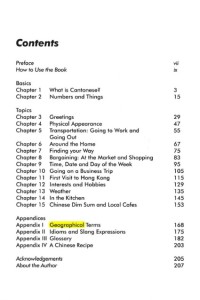 But since the AJATT post stirred me up, I decided to at least go through my bulging folder of Canto-learning material I’d always meant to read but never got round it. There’s quite a bit of, and I’ll try to tackle at least one or two sets a month but first up, No Sweat Cantonese: A Fun Guide to Speaking Correctly by Amy Leung. That was a long intro, wasn’t it? ^_^;; A-anyway, the blurb:
But since the AJATT post stirred me up, I decided to at least go through my bulging folder of Canto-learning material I’d always meant to read but never got round it. There’s quite a bit of, and I’ll try to tackle at least one or two sets a month but first up, No Sweat Cantonese: A Fun Guide to Speaking Correctly by Amy Leung. That was a long intro, wasn’t it? ^_^;; A-anyway, the blurb:
The long awaited textbook from one of the most popular and successful teachers of Cantonese. Amy Leung teaches Cantonese to managers of multinational corporations in Hong Kong in a fun new way. No Sweat Cantonese distils her approach, fulfilling the demand for an up-to-date textbook focusing on the practical needs of expatriates in Hong Kong and elsewhere in the Cantonese-speaking world. Like never before, Cantonese – “that impossible language!” is now easy and enjoyable to learn. Includes CD with pronunciation aid and full-length conversations.
The presence of audio was the selling point for me, because Cantonese is one language where it really helps to hear stuff spoken. There are sooo many homonyms in this language, it’s crazy. But anyway, since I spent so much time on the intro I’m going to put the actual review in point form to save time and hopefully stop myself rambling like I am so wont to do.
- Starts with a rather good pronunciation guide and using a romanization guide that makes sounding things out easy to do.
- Vocabulary lists with hanzi at the start of every chapter.
- Dialogues provided are short and easy to follow/repeat.
- There’s a helpful appendix at the back with even more vocabulary, all voiced.
- Lots of cultural notes and suggestions about places to go and things to do there, making this a good guide for people who intend to visit Hong Kong in the near future.
The bad
- A bit too elementary for an intermediate learner like me. No Sweat Cantonese is better suited for those just starting out, preferably with the aid of a teacher.
- There are a lot of careless typos, including one right on the contents page (see proof above).
- Inconsistent typesetting annoys me. The typesetter will randomly change fonts on the same page and put accents on English words and numbers where they don’t belong at all.
- The vocabulary comes with hanzi but the dialogues and chit-chat lines don’t, so there’s an extra step involved if you want to enter them into an SRS or put them on a card. It’s not too bad for an intermediate user because none of it uses complicated dialogue, but for someone just starting it out it can be intimidating. Again you’re better off working with a teacher.
tl;dr, I didn’t get too much out of it. The vocabulary lists are the best part, but I have an aversion to entering just words/characters into my SRS unless they’re in a sentence where they’re used in context, and the sentences in this book came without hanzi and I was too lazy to write them out from scratch so… yeah. At $30 on Amazon it’s a bit pricey for what you’ve get, but if you’ve got all the other Canto textbooks and need something to round out your collection and fill in a few vocab gaps it’s not a bad buy. Still, No Sweat Cantonese is probably most useful for current and future expats who have access to a language teacher and just need a structured textbook to help them through.
